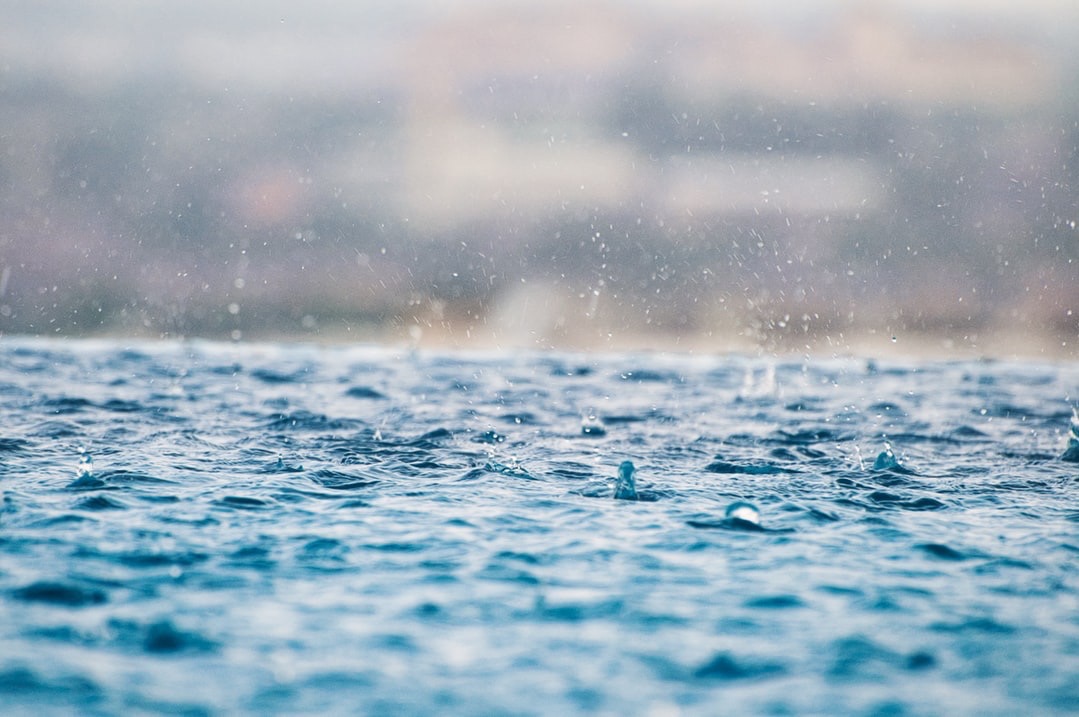
Can it be reconciled that while climate experts are commenting on the floods that have devastated our country (Belgium), so many resources are being used to play a game of “my rocket goes further”?
Today astrophysicist and space specialist Nancy Vermeulen (1) said in the radio programme ‘De Ochtend’ that 2021 is the year of space tourism. Space tourism is just a small part of commercial space travel that allows scientific institutions and companies to explore space further. Over the past 60 years, it is thanks to the evolution of space exploration that natural disasters, deforestation and climate change could be mapped.
Boundaries will continue to be pushed in space, as there are many resources for grabs that have become scarce on earth. Nancy Vermeulen also predicts that cargo transport and space travel will develop further over the next 10 years: for instance, it is to be expected that cargo transport from one continent to another will become a better (more sustainable) alternative via space than via long-distance flights. In the years to come, lawyers and insurers will therefore have their work out the international treaties and how to keep space waste under control.
But, back to earth, where today we had a day of national mourning for the victims of the floods. After historically low groundwater levels in Flanders where maintained for a long time, this time we were unable to swallow the rainwater again. The scientists call it a wake-up call for climate change.
In an episode of March 2021, Pano (2) studied the question why Flanders is drying up. The cause is that rainwater can no longer infiltrate the soil because of the many paved surfaces in Flanders (16% according to hydrologist Patrick Willems). This means that while the groundwater levels in Flanders are a lot lower than in Spain (3) and as we are one of the European countries that could be hit hardest by extreme drought, at the same time we cannot process the large volumes of rainwater because it is immediately drained away. May we conclude that the policy in Flanders is insufficiently prepared? And will our houses still be insurable now that both the consequences of drought are becoming more and more visible (cracks and fissures in houses, some of which are on the verge of collapse) as well as the consequences of extreme rainfall?
Can we do anything ourselves? Of course, we cannot cope with the water from upstream on our own, but is there not an opportunity that we can seize, a kind of solidarity gesture towards the victims that would allow us to contribute to the solution at the same time?
It has been almost 20 years since I wrote my thesis on integrated water management. At the district and municipal level, work was being done on, among other things, wadis, the reuse of rainwater and the cutting off of rainwater pipes in order to prevent water from being immediately discharged via driveways, pavements and roofs. The aim was to retain as much rainwater as possible on site and to infiltrate it in order to maintain the groundwater level and to be able to process enough water to avoid flooding downstream. It is just an idea, but wouldn’t it be nice, as a sign of solidarity and as an indictment of the policy, to collectively cut our rainwater pipes and let it seep into the (front) garden or wadi? I can see it before me: walking around the country with all those glittering rainwater pipes in the front gardens as an expression of solidarity, as a demand for adapted policies and as a symbol that we ourselves have taken the first step!
